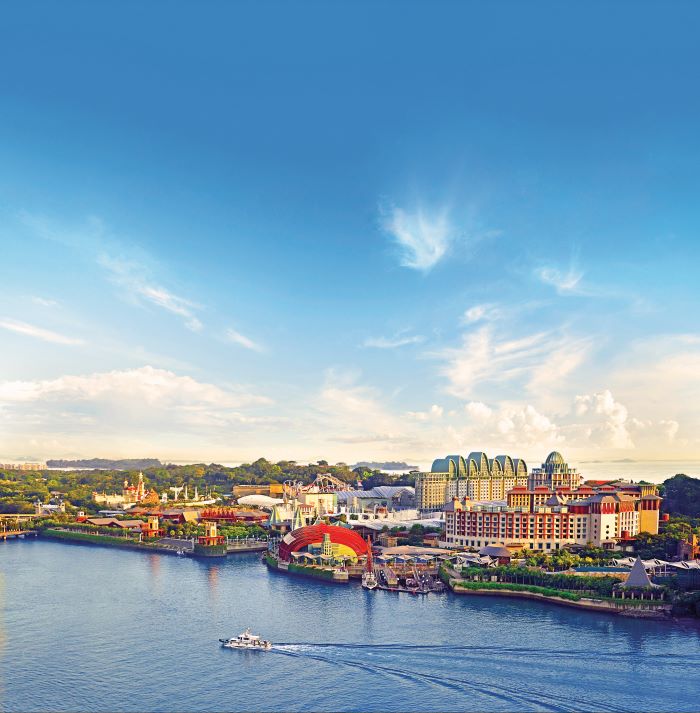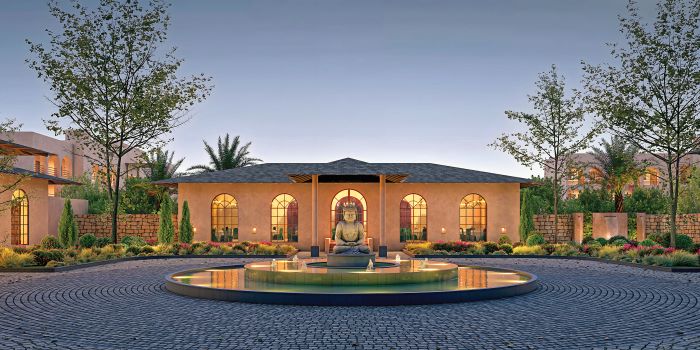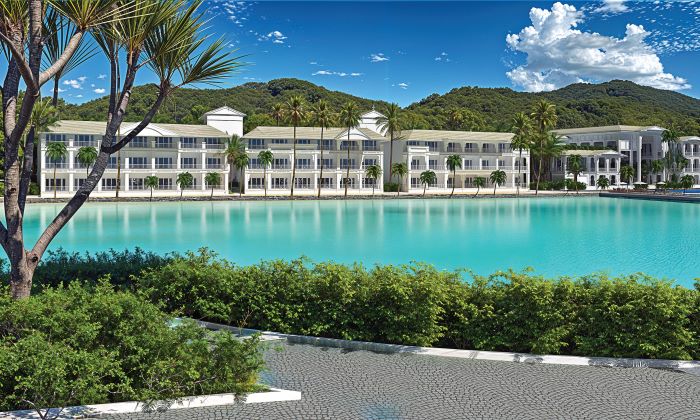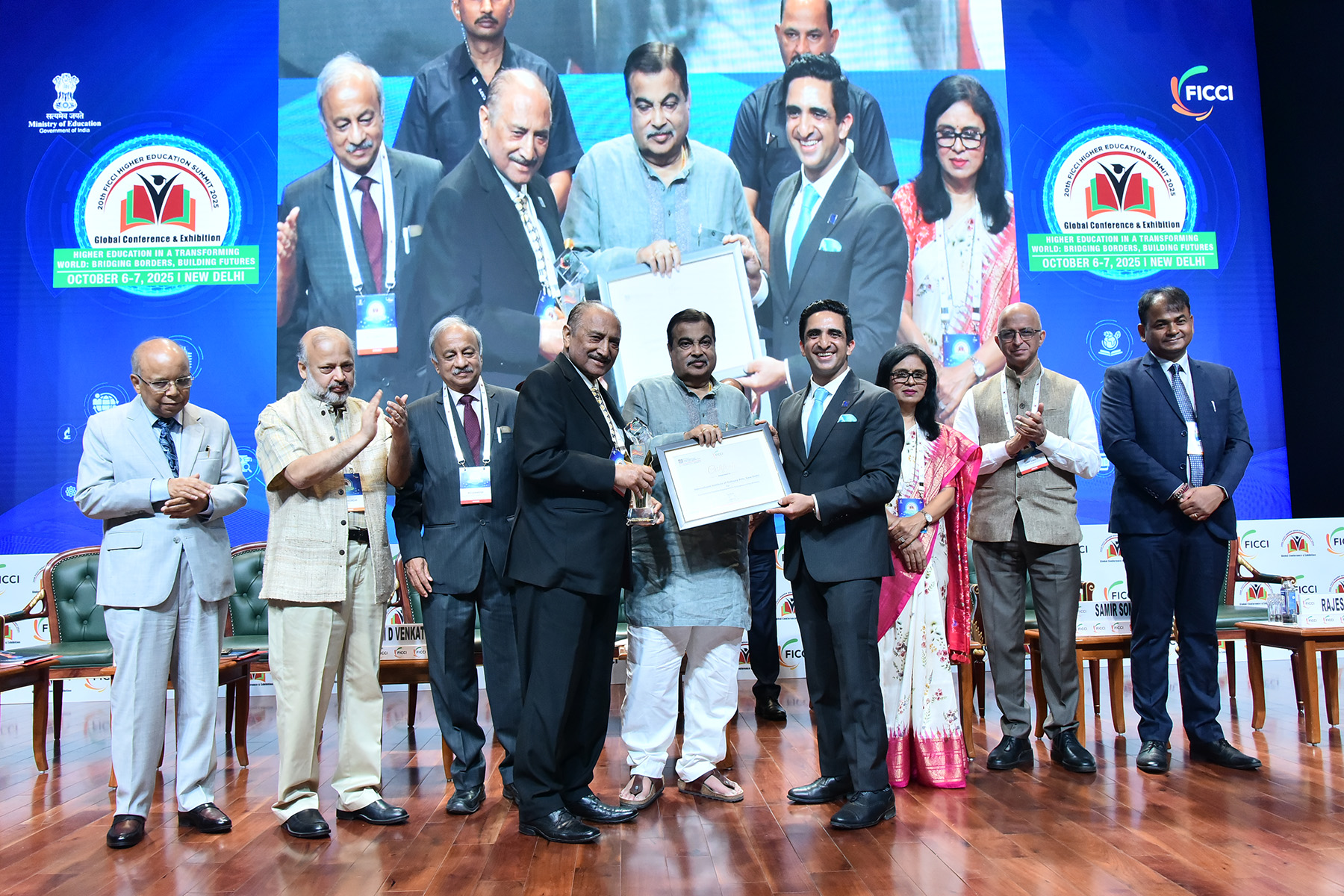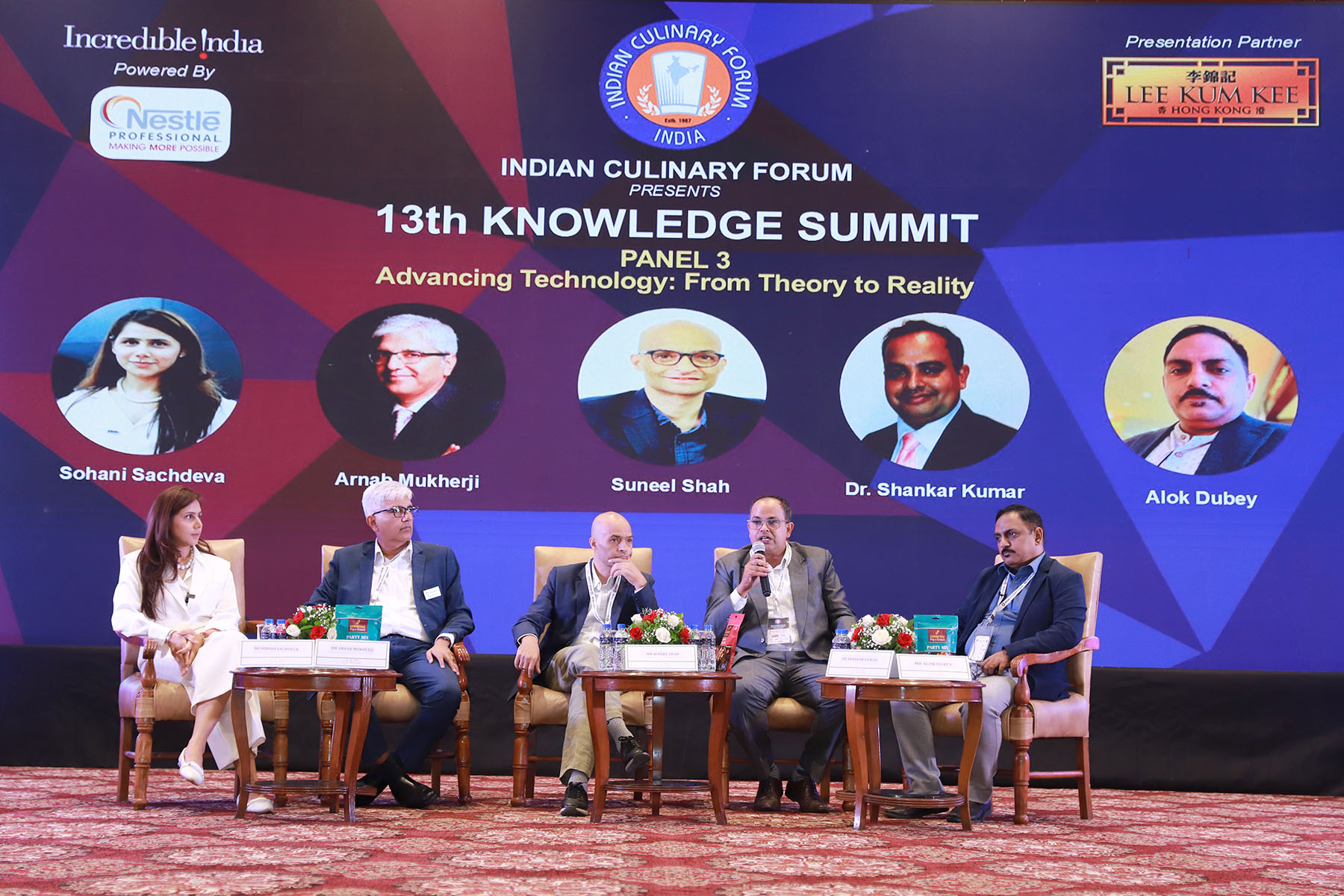Hospitality professionals advocate for brand distinctiveness, personalised experiences and technology integration to address brand fatigue and engage diverse audiences.
Charmaine Fernz
Abrand is a powerful instrument that forms the basis of every organization. It should be obvious that the most important component in determining a company’s success is excellent branding. Warren Buffett said it so beautifully: “It takes 20 years to build a reputation, and only five minutes to destroy one.” If you think about it, your behaviour will change. There are various industries affected by this, but the hotel sector is particularly affected.
Over the years, a variety of brands have succeeded in establishing themselves in India. But as times change, it is critical for hospitality businesses to update their brand to appeal to the new millennials; otherwise, brand weariness will result. In the subsequent narrative, industry experts in hospitality express their opinions on the significance of minimizing brand weariness. Manish Goyal, Founder, Stotrak Hospitality, simply states that evolution is the largest benefit the hotel business has. “Guest preferences and technological advancements are constantly changing; therefore our business must keep up. In turn, this gives them an updated brand presence. The firms that react to such market changes keep providing something new to guests,” Goyal added. Manoj Agarwal, Head, Asset Management, InterGlobe Hotels has a unique viewpoint, contending that the best way to analyze brand fatigue is from the standpoint of the consumer. A significant amount of exposure to the target demographic through various media channels is necessary to mitigate brand fatigue. In the Indian hospitality sector, it is typically seen that brands don’t use above-the-line (ATL) or digital campaigns to maintain a significant share of voice (SoV), whereas online travel agencies (OTAs) such as MakeMyTrip and Agoda have been able to do so across a range of media. “We, at InterGlobe Hotels, have continuously worked towards meeting the expectations of discerning customers by upgrading our service standards as well as our products through design interventions, he continued. “It is often seen that different hotel chains deal with brand fatigue by engaging with customers at various levels,” added Agarwal.
According to Antony Thomas, Managing Director, Luxeglamp Eco Resort, who is speaking from the perspective of a fairly new brand, hotels must concentrate on brand distinctiveness and improving guest experiences in the competitive hotel market. To remain relevant and satisfy the changing needs of the target audience, this entails consistently updating and refreshing their offerings. He continues by saying that a number of tactics should be used, including continuous investment in cutting-edge amenities and services, offering distinctive experiences, creating moments for customers that promote loyalty, and most significantly today, giving priority to personalisation. “Actively seeking guest feedback through surveys or social media platforms allows hotels to understand areas where they may be experiencing brand fatigue. By addressing these concerns promptly and transparently, hotels can demonstrate their commitment to continuous improvement and regain trust from disengaged customers,” asserted Thomas.
On a similar note, Vishal Lonkar, General Manager, Business Development, Renest Hotels & Resorts, states that in the hotel industry, where customer loyalty and satisfaction are critical, hotels employ various strategies such as periodic renovation and refurbishment to keep properties fresh and appealing. This includes improvements to rooms, public areas, amenities and technology infrastructure. In some circumstances, hotels decide to rebrand in order to refresh their image and attract new clients. Changes to the hotel’s name, logo, visual identity, or target market positioning may be part of the rebranding process. This technique seeks to generate a sense of uniqueness and distinguish the hotel from its prior brand identity. Hotel innovation and technology integration are critical to staying current. Hotels frequently execute targeted marketing initiatives to re-engage existing customers and attract new ones. The campaigns’ purpose is to rekindle interest in the hotel. Finally, working with influencers and brand ambassadors to reach a larger audience. By presenting the hotel from different angles, influencer marketing may introduce the hotel to new demographics, stimulate excitement and combat brand fatigue.
A brand apart
Many hospitality companies are always looking for innovative methods to engage their customers. While familiarity was once the gamechanger, local culture, food, historical significance and service in local costume are another trend that has grabbed the attention of many, according to Abhinav Sood, Director, Communications Inc. A brand is still identifiable by the experience it provides in terms of service, philosophy and identity, but it is the experience within these parameters that is important to people today. Sustainability, carbon footprints and promoting yourself as a Green Hotel are all key aspects of branding today. Many hotels modified their products to meet current demand during COVID such as becoming isolation wards or catering to long-term staycations or workations. It is critical to realize that management believes it is necessary to develop ways to better monetize and sell by presenting the same offers to diverse audiences.
Goyal believes that creating experiences is a pressing requirement. “Our hotels and homestays are always updating themselves with the most recent local experiences. The essential tactic is to jump on a new trend right away. For example, our most recent offering was a trip to a secret waterfall via an ancient temple and caverns where Pandavas lived during their exile,” Goyal pointed out.
The new age branding
In the new normal, every industry had to look at their product from a different angle. Everything had changed. Today’s brands seek to communicate their experiences rather than just their products. According to Sood, it is all about storytelling, offering a peek of life into the hotel through influencers, YouTubers and Content Creators as a personalized experience. Lonkar, on the other hand, considers new-age branding to be a current approach to brand planning and management that takes into consideration changing customer behaviours, technological improvements and market dynamics. Purpose-driven, authentic and transparent, customer-centric, engaging through digital and social media, experience-focused, flexible and adaptive, collaborative, and using a multi-channel and omnichannel approach are key features of new-age branding. In today’s networked world, the main goal of new-age branding is to create meaningful connections, tailor experiences and align with customers.
Agarwal goes on to say that the changing landscape of communication and consumer involvement has resulted in a slew of new trends and opportunities. Hybrid events, the metaverse, gaming, digital audio, brand-owned experiential properties, tactical app communication, new age content—GenZ/AI/Vernacular, and many more are examples. Incorporating these features into brand communication and experiences can assist organizations in staying ahead of the developing digital world by establishing deeper connections and so effectively connecting with their target audiences. “We have now added carefully curated libraries and paintings by young and emerging artists that will appeal to both millennials and Gen Z, as well as business and leisure travellers,” he added.
“Changing landscape of communication & consumer involvement has resulted in a slew of new trends and opportunities”
Manoj Agarwal, Head, Asset Management, InterGlobe Hotels
“In today’s networked world, main goal of new-age branding is to create meaningful connections & align with customers”
Vishal Lonkar, General Manager, Business Development, Renest Hotels & Resorts
“Many hospitality companies are always looking for innovative methods to engage their customers”
Abhinav Sood, Director, Communications Inc
“Social media allows a brand to develop a digital reputation by rapidly delivering a message to a targeted audience”
Manish Goyal, Founder, Stotrak Hospitality



